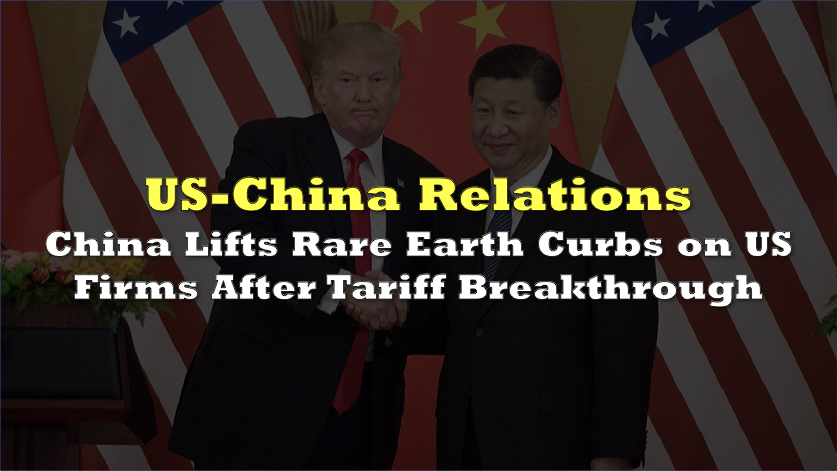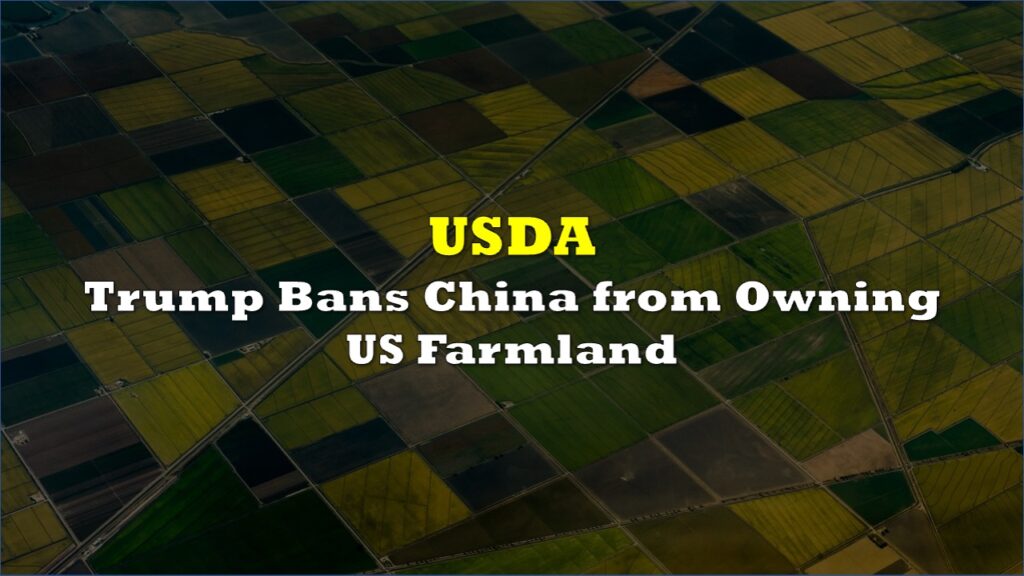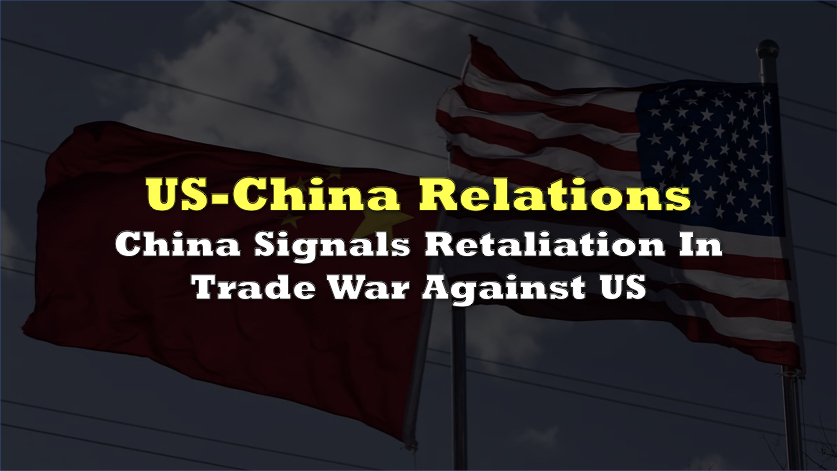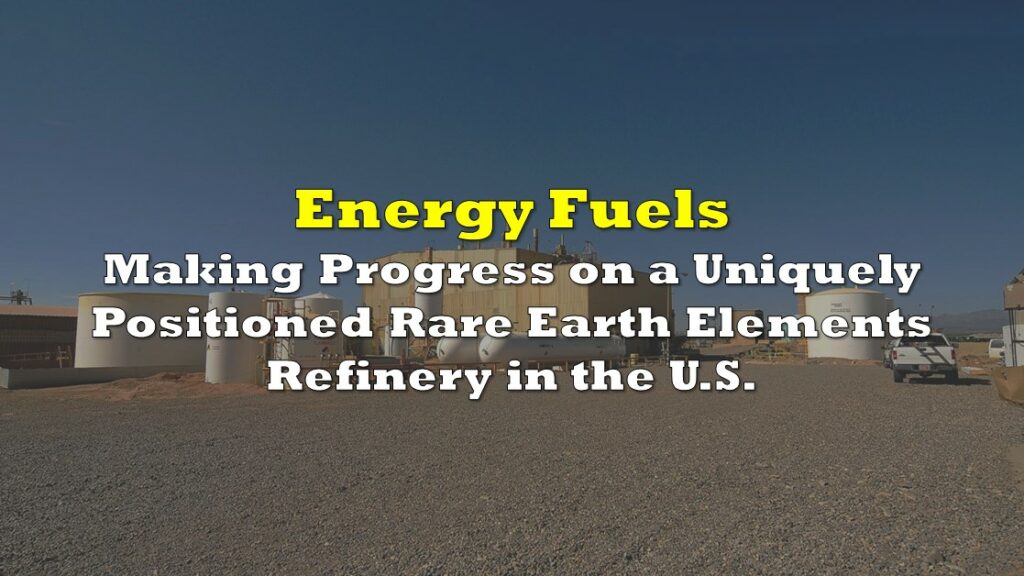China’s surprise decision to suspend rare earth export curbs on 28 US entities underscores a strategic pivot in Beijing’s trade stance.
Effective immediately and lasting 90 days, the Ministry of Commerce announced that exporters of rare earths and other dual-use goods “can apply for licenses to resume shipments,” a move timed just two days after Washington and Beijing agreed to a 115-percentage-point reciprocal tariff rollback during high-level talks in Geneva.
China pauses rare earth export restrictions on 28 US entities after trade trucehttps://t.co/8ZbPBn1vgK
— Haplo (@HC_Haplo) May 14, 2025
The export suspension reverses measures imposed in early April, when China halted shipments of seven key rare earth elements to 16 US firms and expanded that list five days later. Those curbs targeted critical materials—samarium, gadolinium, terbium, dysprosium, lutetium, scandium, and yttrium—integral to semiconductors, electric vehicles, missile systems, and aerospace technologies.
By lifting these controls, Beijing appears to be leveraging its 90% share of global rare earth production to reinforce détente following months of “tit-for-tat escalation” that once saw tariffs as high as 245% on Chinese imports.
Yet this concession also highlights China’s enduring market dominance: for heavy rare earths like dysprosium and terbium, its share hovered near 99% until recently. Such concentration leaves US manufacturers acutely exposed—China supplied half of America’s critical mineral imports in 2024, according to the USGS—and amplifies the strategic urgency behind Washington’s push for supply-chain resilience.
President Donald Trump’s invocation of the Defense Production Act in March to spur domestic mining, and proposals to tap deposits in Greenland, Ukraine, and international seabeds, reflect a broader policy shift aimed at breaking this dependency.
Information for this briefing was found via Interesting Engineering and the sources mentioned. The author has no securities or affiliations related to this organization. Not a recommendation to buy or sell. Always do additional research and consult a professional before purchasing a security. The author holds no licenses.









